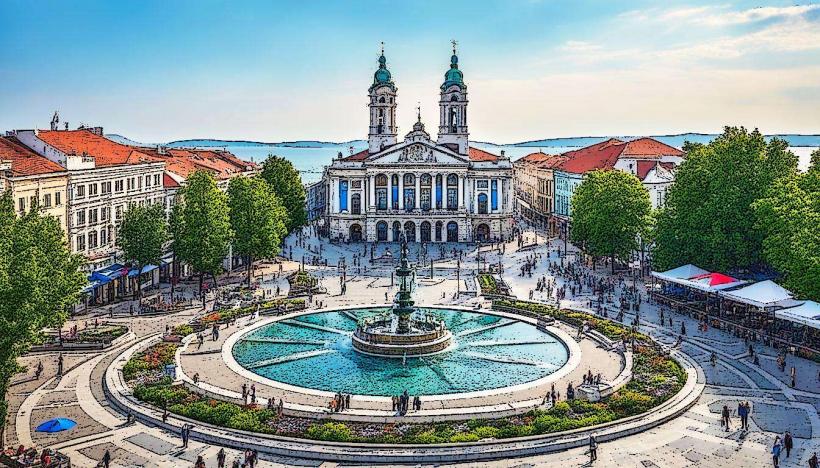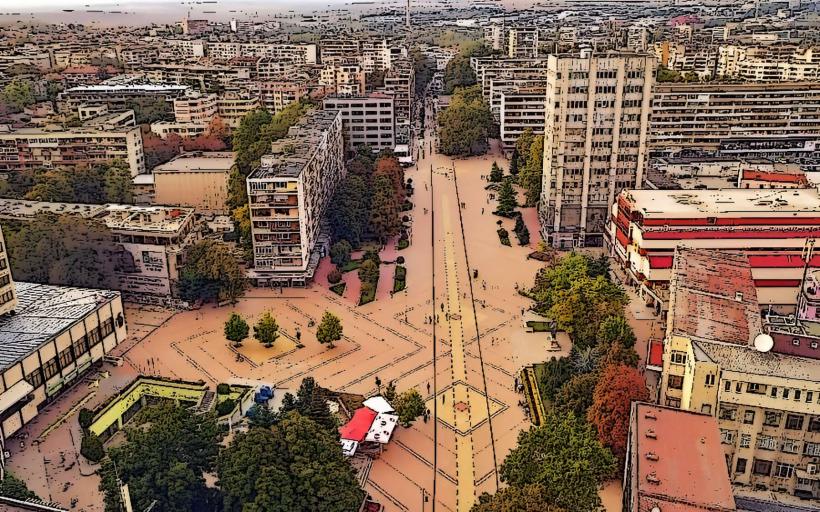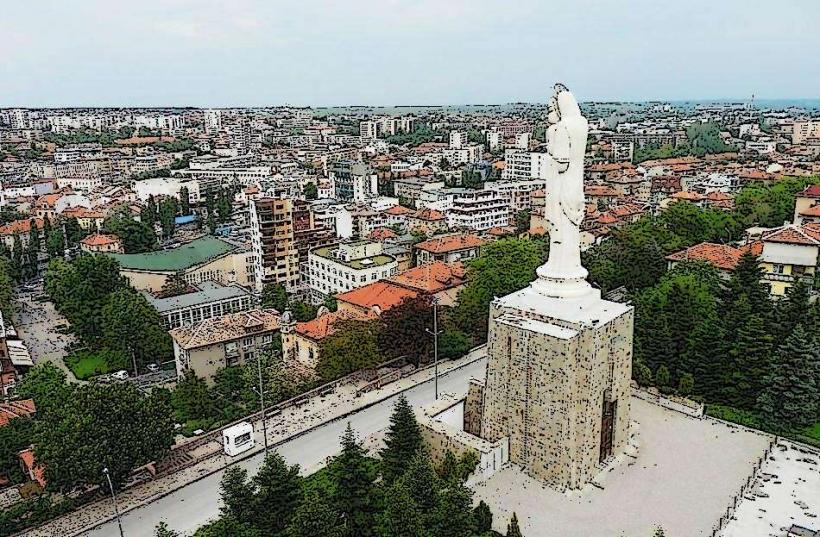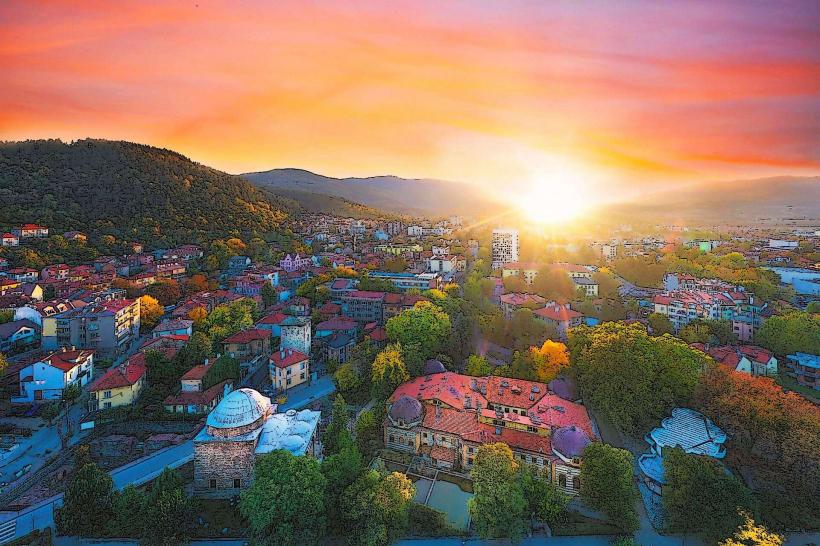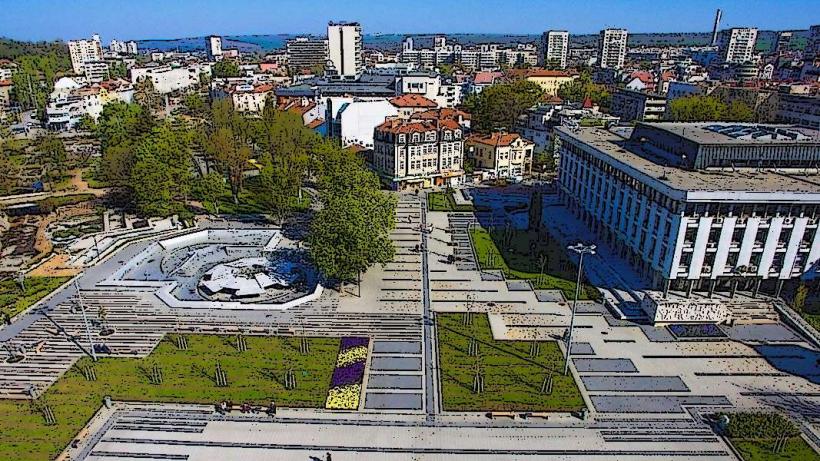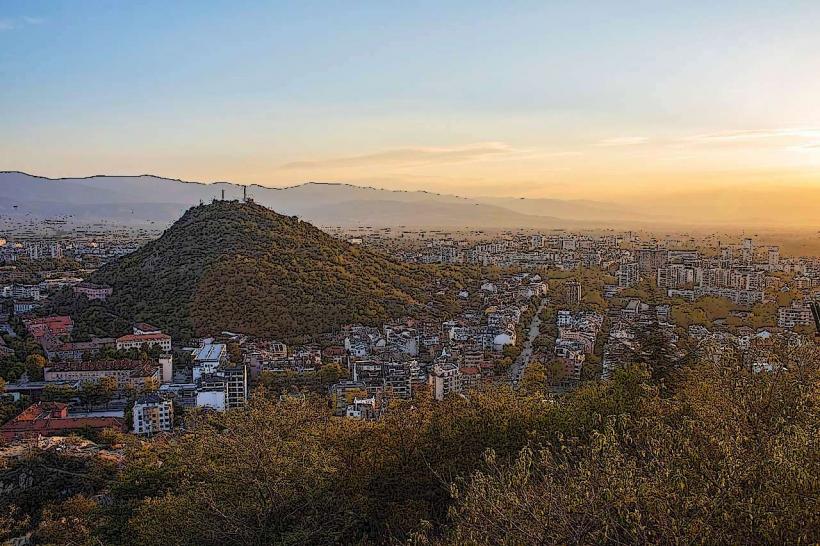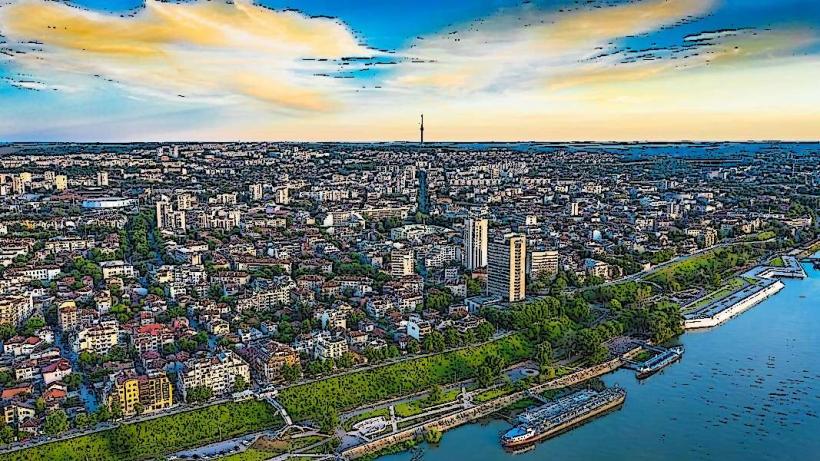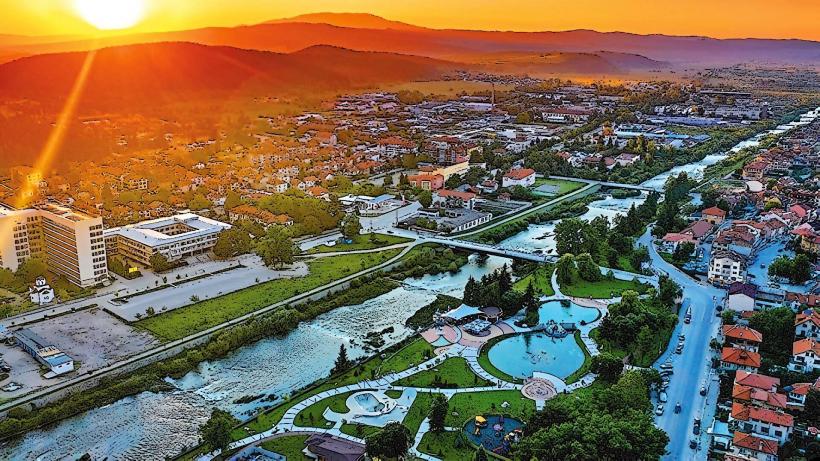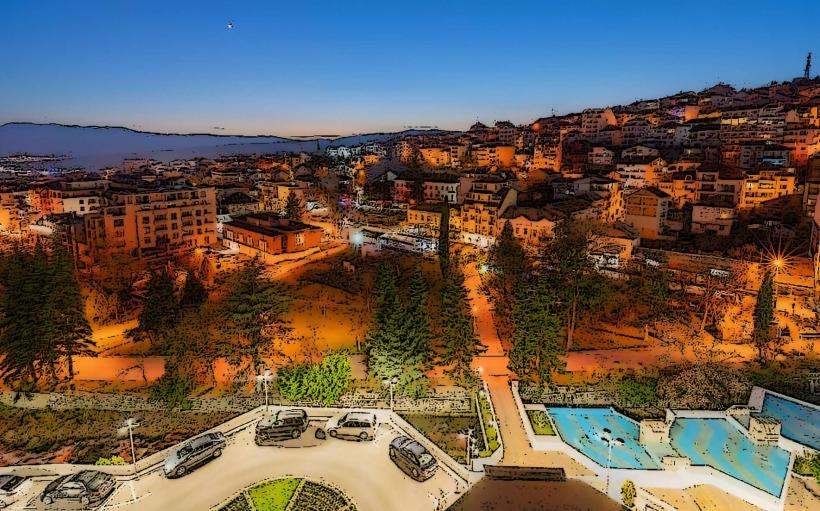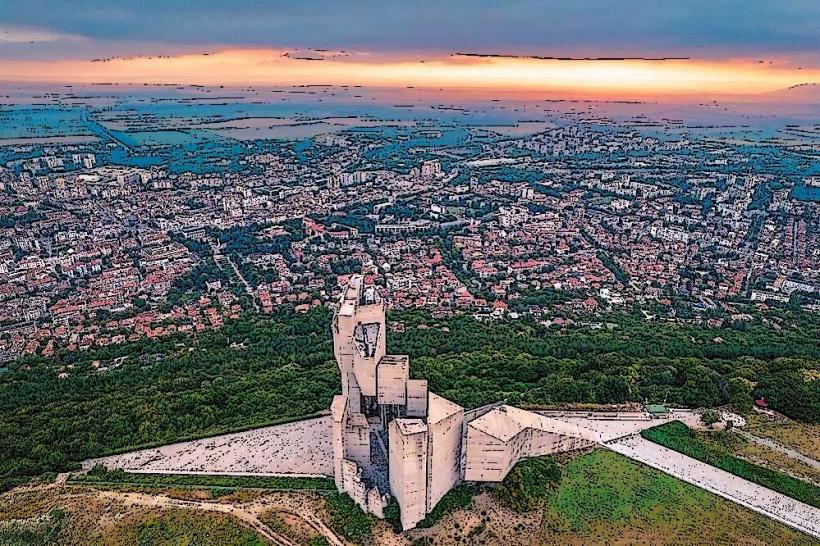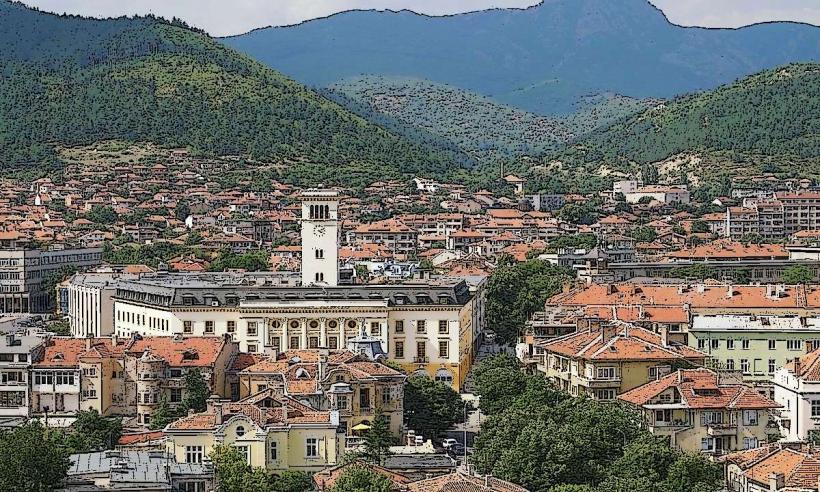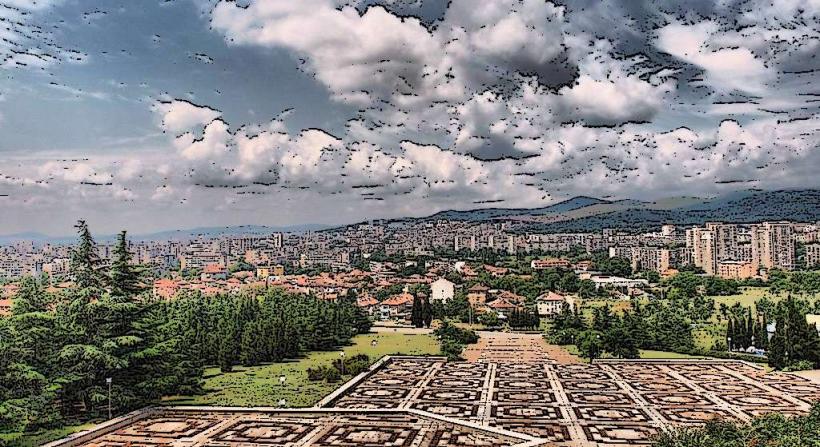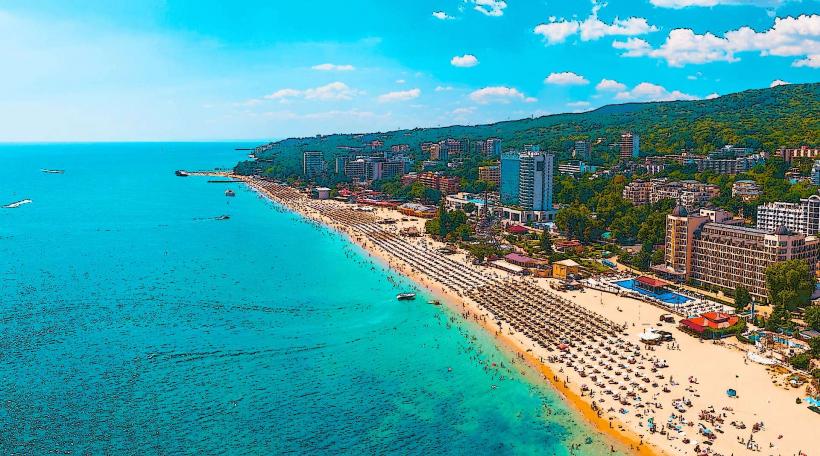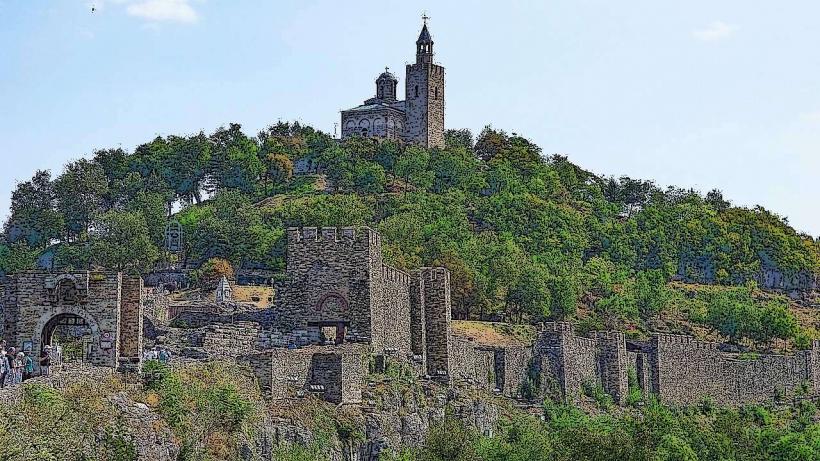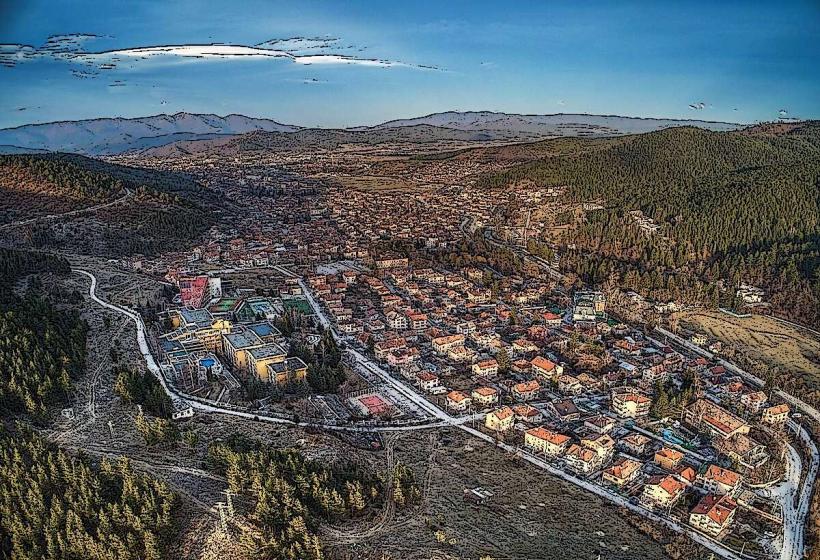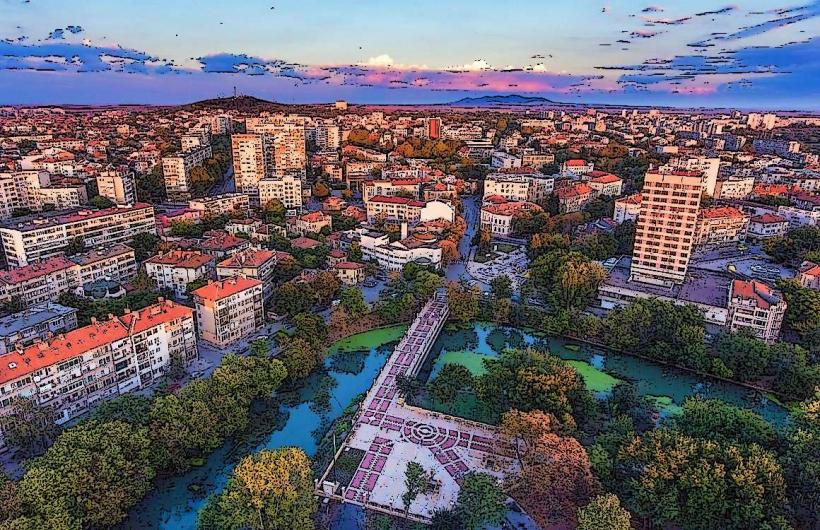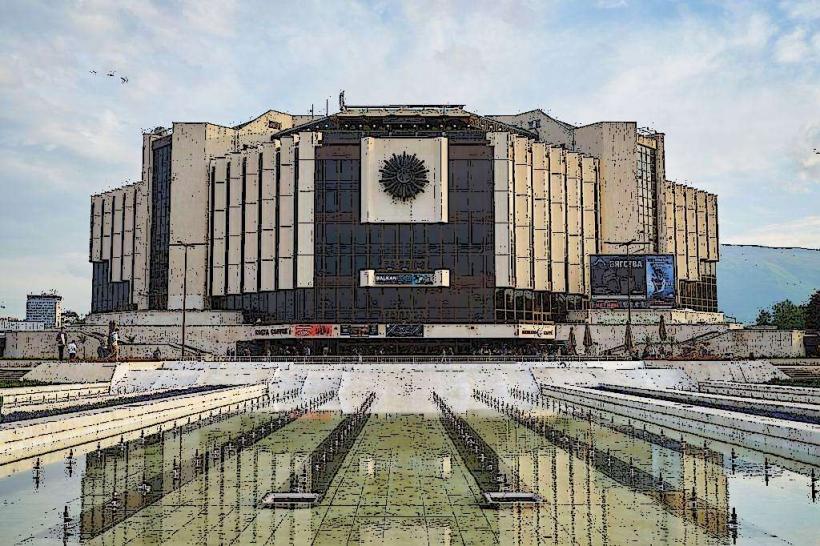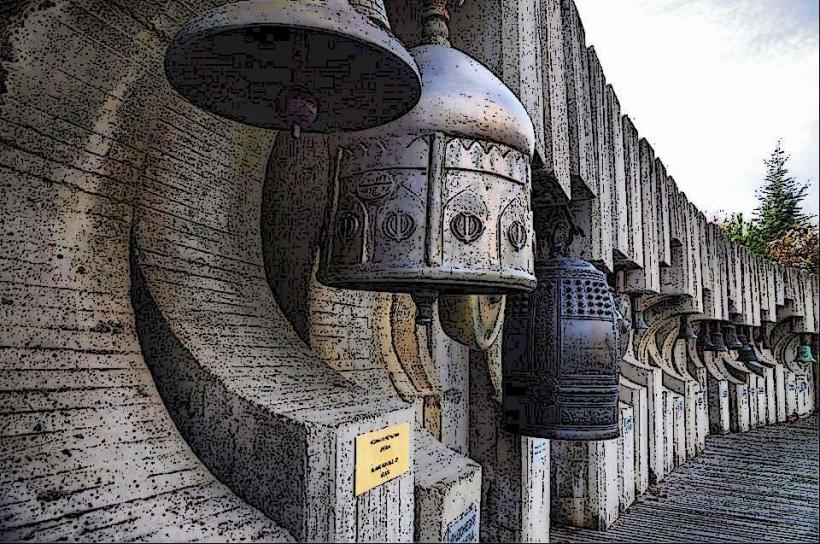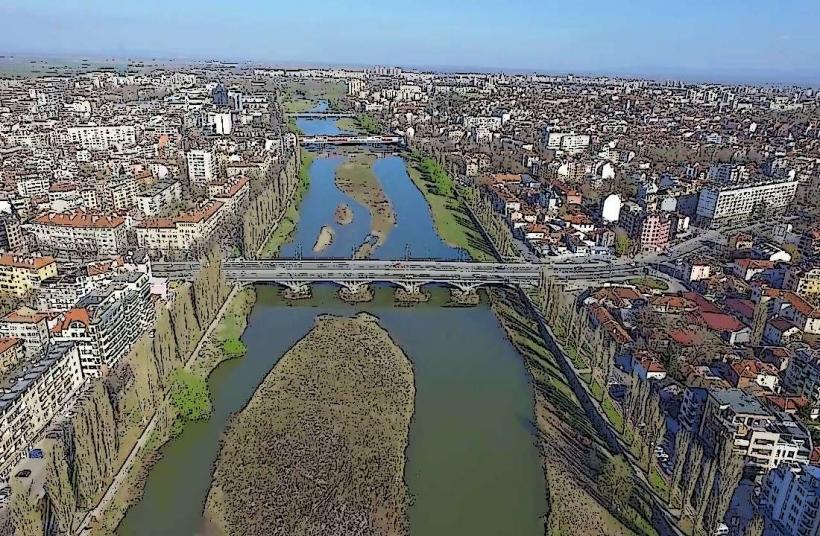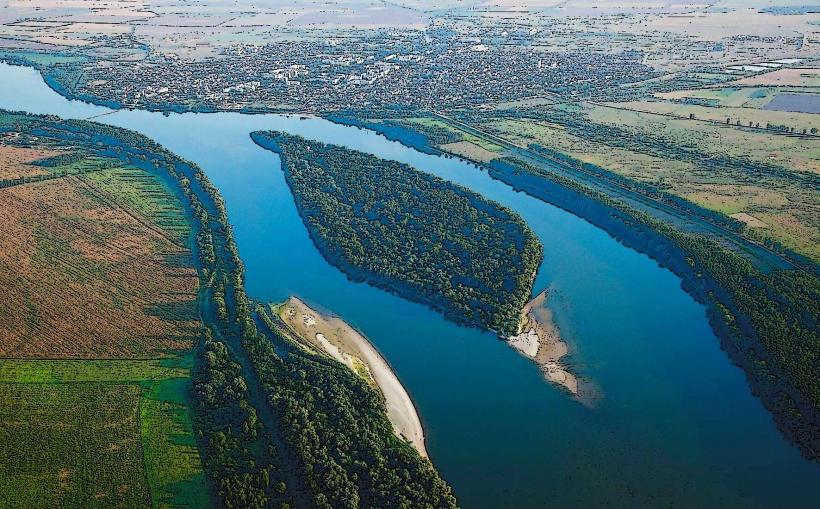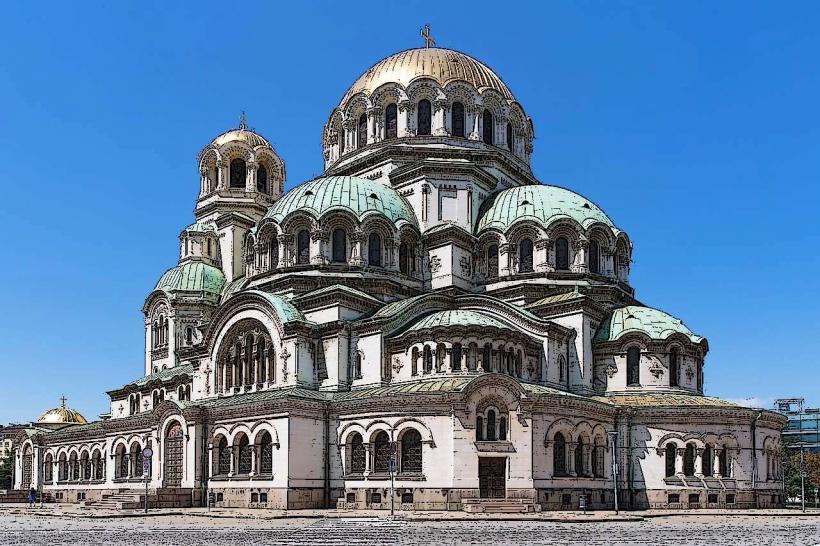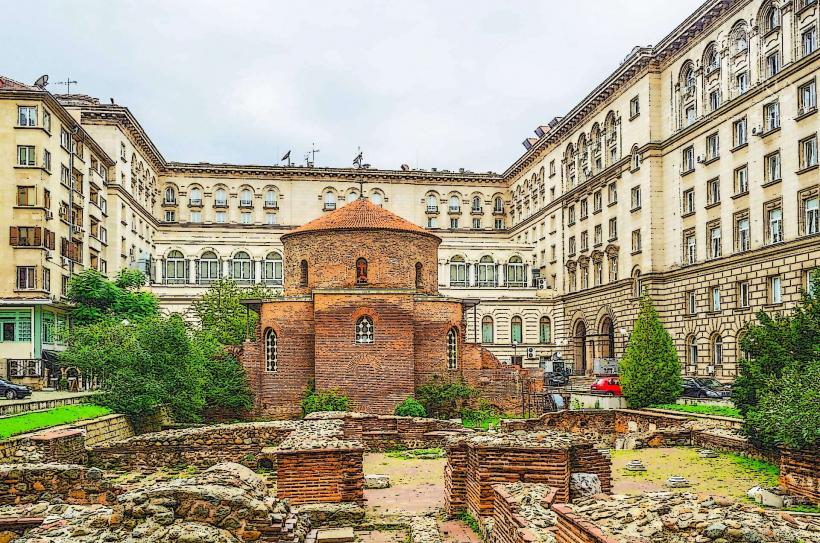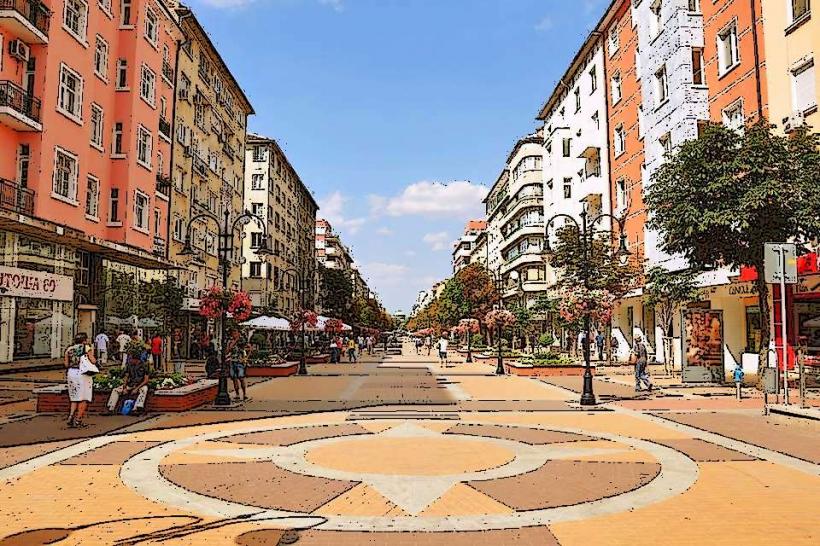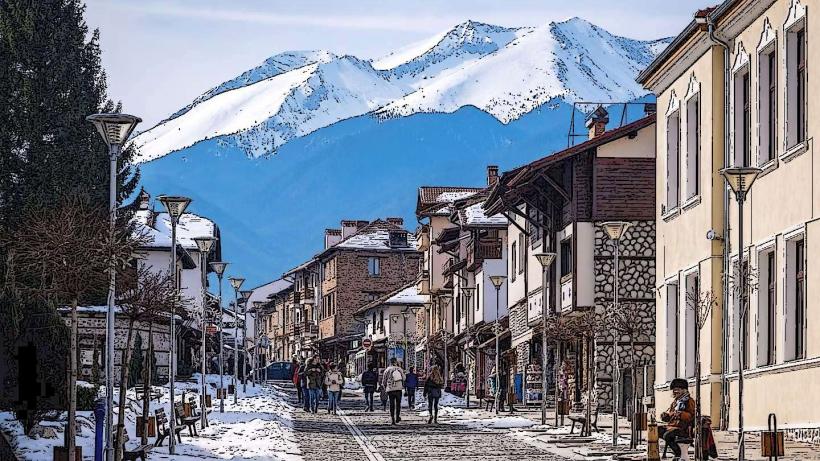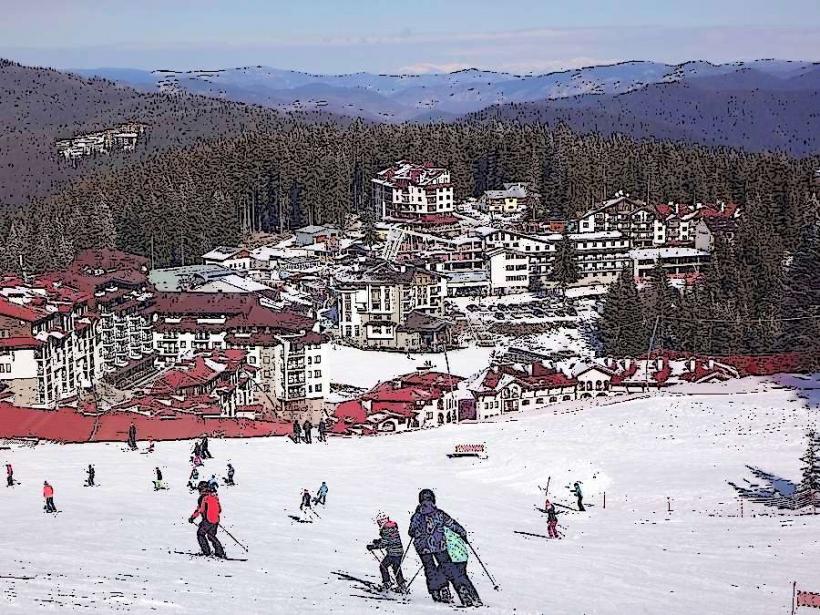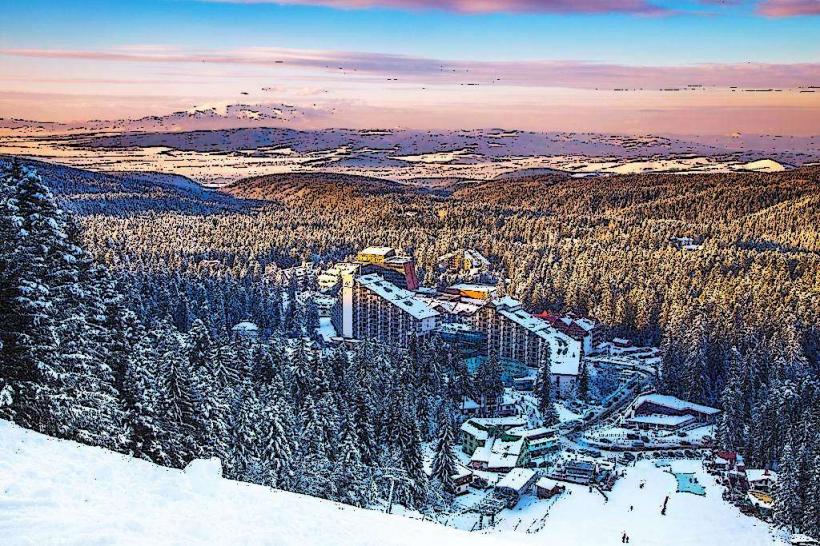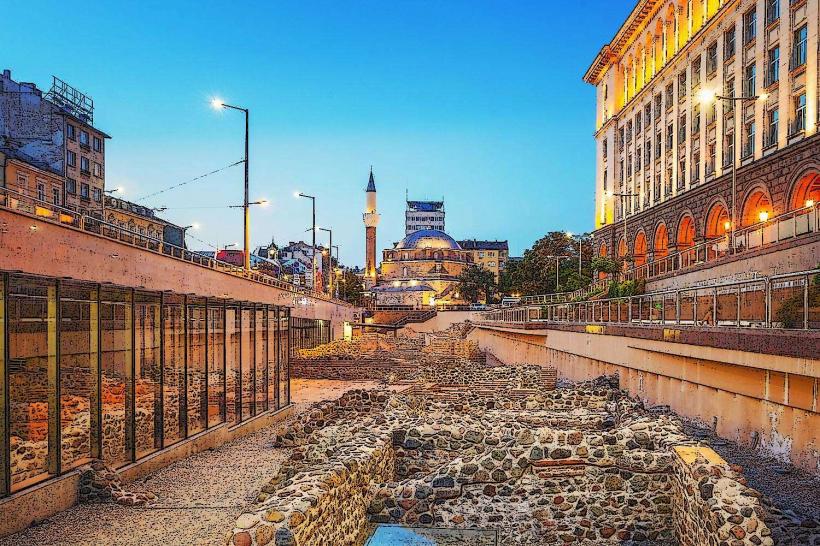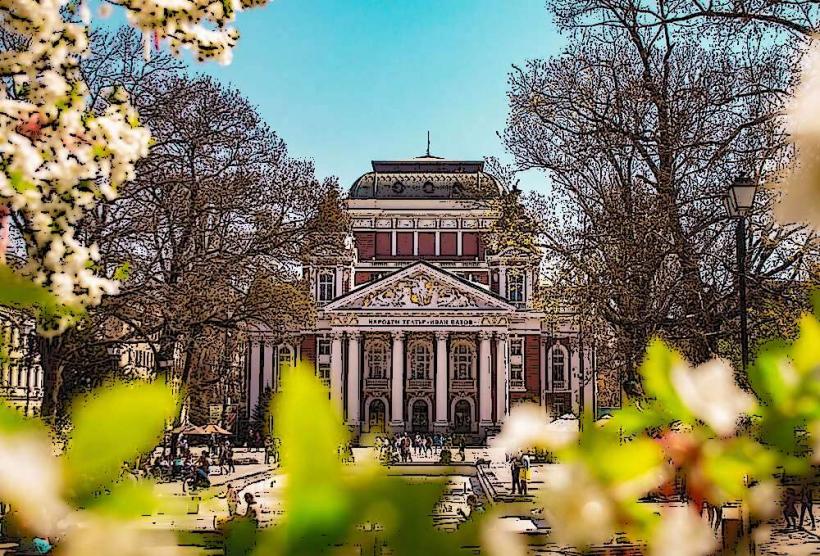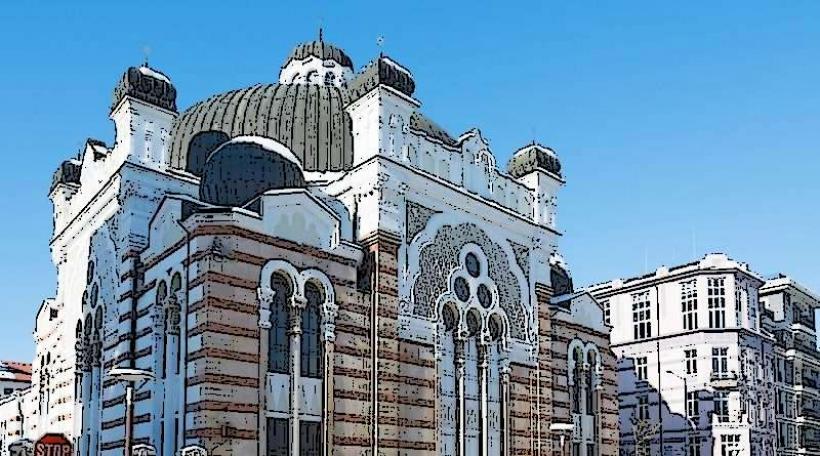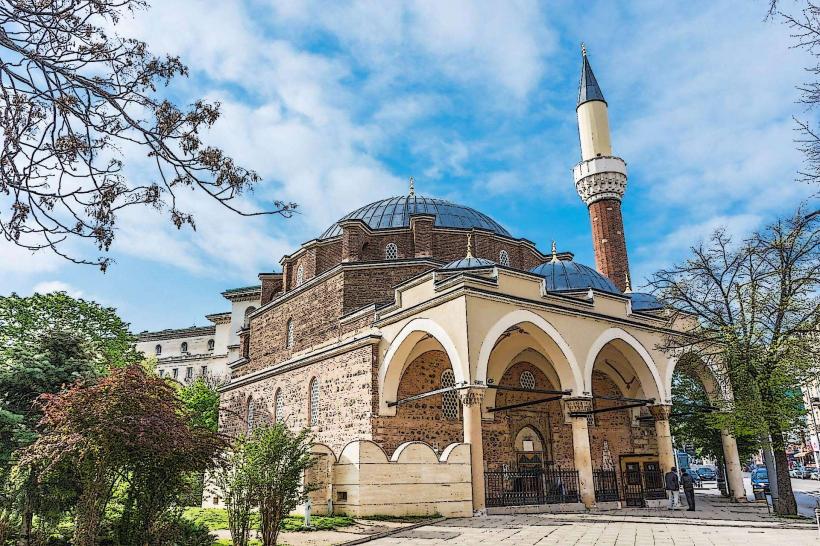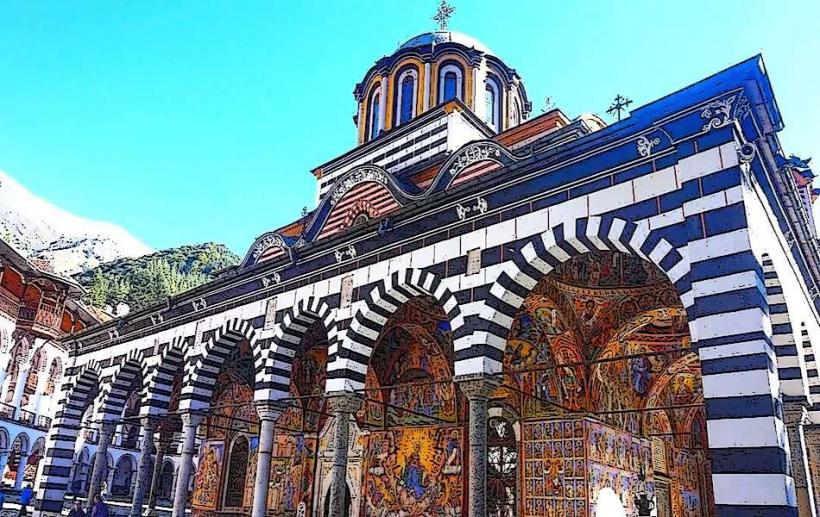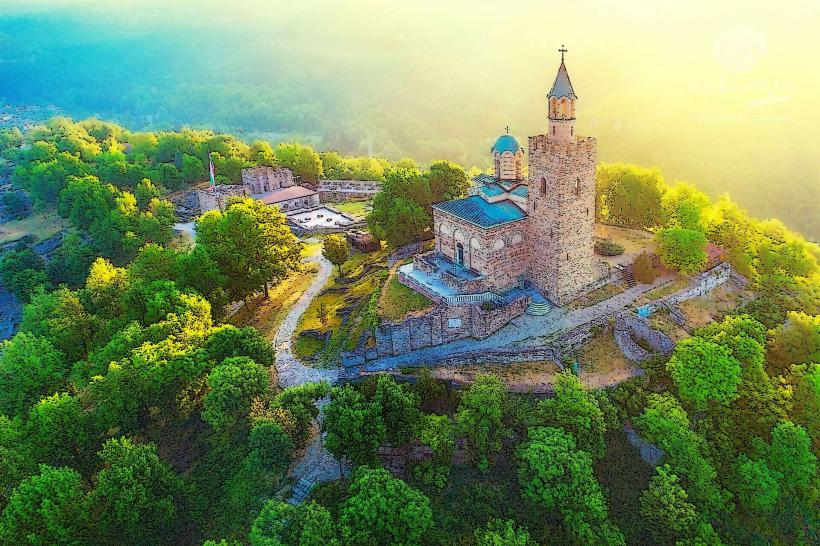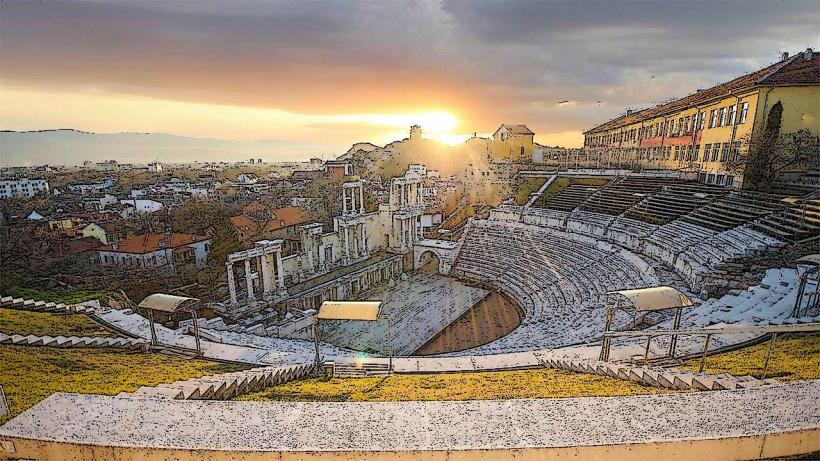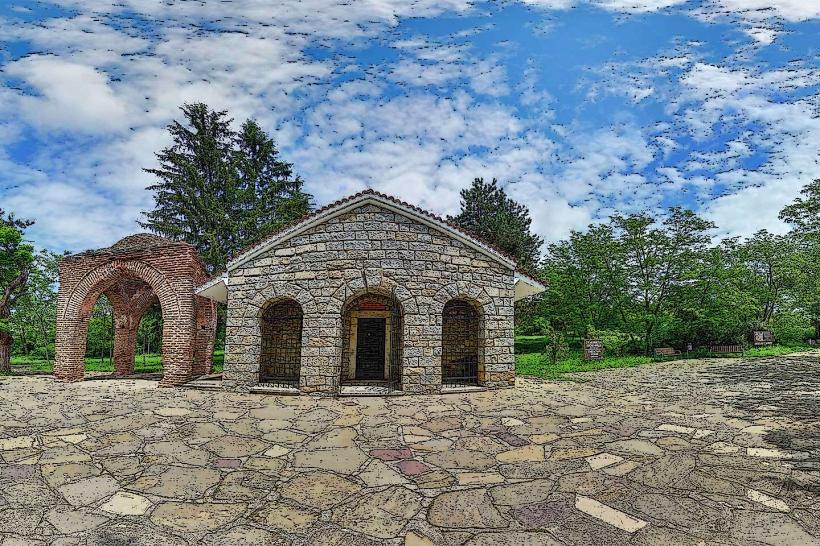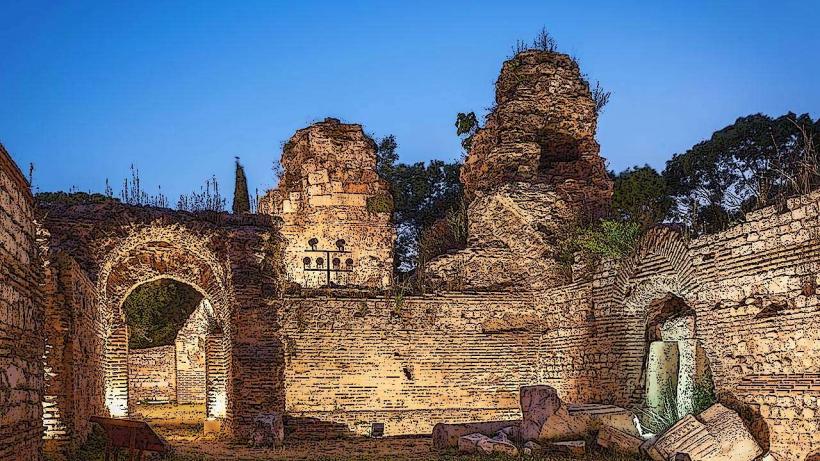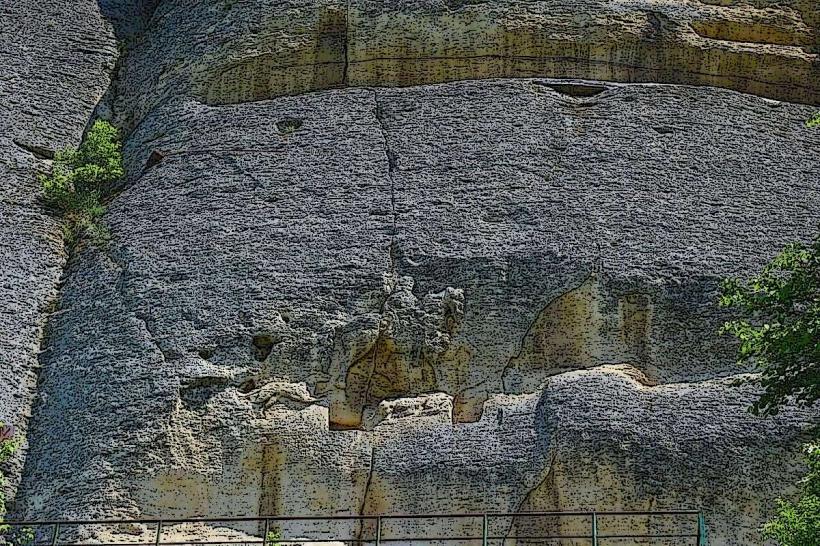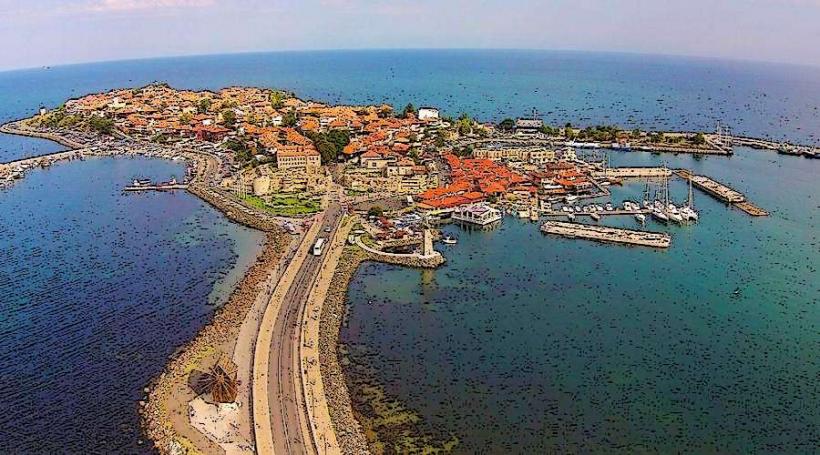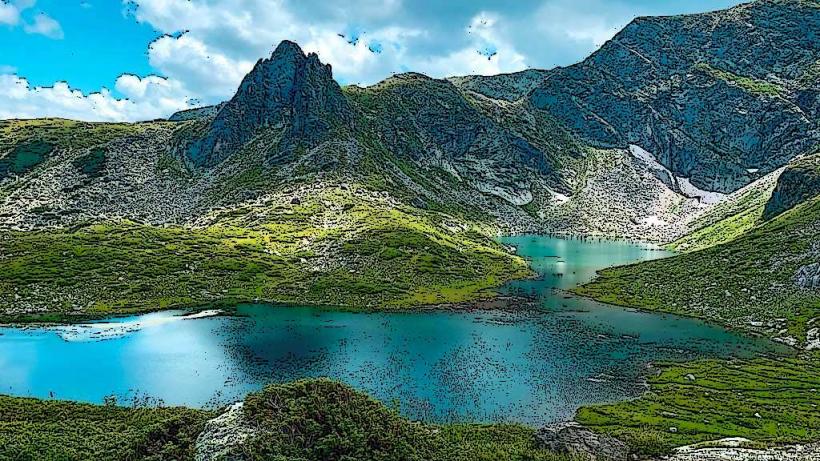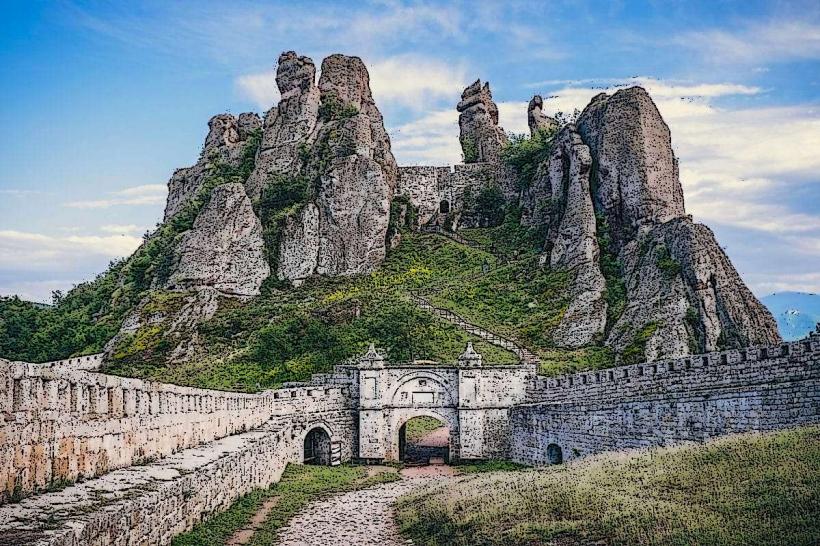Information
Country: BulgariaContinent: Europe
Bulgaria, located in southeastern Europe on the Balkan Peninsula, is known for its rich history, scenic landscapes, and vibrant cultural heritage. With a population of approximately 6.9 million and an area of 110,994 km² (42,855 sq mi), Bulgaria offers a unique blend of ancient Thracian, Roman, and Ottoman influences alongside modern European developments.
Geography and Climate
- Regions: Bulgaria is divided into several geographical regions, including the Balkan Mountains, the Thracian Plain, and the Rhodope Mountains, as well as the Black Sea coast.
- Mountains and Plains: The Balkan Mountains run across central Bulgaria, while the Rila and Pirin Mountains in the south feature some of the highest peaks in the Balkans, including Musala, the highest point in Bulgaria and the Balkans.
- Rivers and Seas: The Danube River forms part of the northern border, while the Black Sea lies to the east, attracting tourists with its resorts and beaches.
- Climate Zones: Bulgaria has a continental climate, with hot summers and cold, snowy winters. The Black Sea coast enjoys a milder maritime climate, while mountain regions experience alpine conditions.
History
- Ancient Civilizations: Bulgaria’s territory has been inhabited since prehistoric times, with the Thracians leaving behind a legacy of art, tombs, and gold treasures. The Romans later occupied the area, establishing significant cities and infrastructure.
- Medieval Bulgaria: The First Bulgarian Empire (681-1018) was a powerful state and a center of Slavic culture, known for the Cyrillic alphabet developed by Saints Cyril and Methodius. The Second Bulgarian Empire (1185-1396) saw a cultural and economic renaissance.
- Ottoman Rule and Liberation: Bulgaria was under Ottoman rule from 1396 until 1878, when it regained independence with the help of Russia. The 19th century saw a strong national awakening movement focused on cultural preservation and autonomy.
- Modern Bulgaria: Bulgaria became a socialist republic after World War II, aligning with the Soviet Union until transitioning to democracy in 1989. Today, Bulgaria is a parliamentary republic and a member of the European Union and NATO.
People and Languages
- Diversity: Bulgaria is ethnically diverse, with Bulgarians making up the majority. Minority groups include Turks, Roma, and small communities of Armenians, Greeks, and others.
- Language: Bulgarian is the official language and one of the oldest written Slavic languages, using the Cyrillic alphabet. Turkish and Romani are also spoken within minority communities.
- Religions: The majority of Bulgarians are Orthodox Christians, with a significant Muslim minority. Bulgaria’s Orthodox heritage is visible in its many medieval churches and monasteries, while tolerance for various faiths is constitutionally protected.
Economics and Resources
- Natural Resources: Bulgaria has rich deposits of minerals, including coal, copper, and lead. The country’s fertile lands support agriculture, especially in the Thracian Plain and along the Danube.
- Economic Sectors: Major industries include agriculture (especially rose oil, wine, and dairy), information technology, mining, and tourism. Bulgaria is one of the world's top producers of rose oil, a key ingredient in perfumes.
- European Integration: Bulgaria joined the EU in 2007, strengthening its economy and modernizing its infrastructure. However, issues like corruption and income inequality remain challenges.
- Tourism: The country attracts tourists with its Black Sea coast, ski resorts like Bansko and Borovets, and cultural sites such as Rila Monastery, Sofia’s Alexander Nevsky Cathedral, and ancient Thracian tombs.
Environment and Wildlife
- Biodiversity and National Parks: Bulgaria is home to diverse flora and fauna, with large forested areas, mountain ecosystems, and river valleys. The Rila, Pirin, and Central Balkan National Parks are key conservation areas.
- Wildlife: Bulgaria hosts species like the brown bear, wolf, golden eagle, and diverse plant life, including rare orchids and edelweiss in the mountains.
- Environmental Challenges: Bulgaria faces challenges in waste management, air pollution, and protecting natural habitats. Climate change also poses risks, with efforts underway to enhance sustainable practices.
Culture and Heritage
- Folk Traditions and Music: Bulgaria is known for its folk music, featuring complex rhythms and polyphonic singing, as well as traditional dances (horo) and costumes. The Bulgarian bagpipe (gaida) and unique vocal style are integral to folk music.
- Cuisine: Bulgarian cuisine reflects Balkan, Mediterranean, and Turkish influences. Popular dishes include banitsa (a cheese-filled pastry), Shopska salad, and kavarma (a slow-cooked meat and vegetable dish). Yogurt, a staple in Bulgaria, is said to be some of the best in the world.
- Festivals and Customs: Celebrations include Martenitsa, where people exchange red and white woven threads in early spring, and the Rose Festival in Kazanlak celebrating rose oil production. Many customs combine pagan, Christian, and modern influences.
Science, Technology, and Innovation
- Space and Technology: Bulgaria was the second country after Russia to send food into space and developed a number of technologies in cooperation with the Soviet Union. Today, the IT sector is expanding rapidly, making Bulgaria a growing tech hub in Eastern Europe.
- Renewable Energy: Bulgaria is investing in renewable energy sources, especially hydroelectric, wind, and solar power, to reduce reliance on coal and improve environmental sustainability.
- Agricultural Research: The Bulgarian Academy of Sciences supports research in agriculture, particularly for climate-resilient crops and innovative uses of rose and lavender in cosmetics and pharmaceuticals.
Future Prospects
- Demographic Changes: Bulgaria faces challenges of a declining population and aging demographic, with efforts to address labor shortages and retain young talent.
- Economic Development: The focus is on enhancing infrastructure, improving healthcare, and expanding digital technology and sustainable tourism to strengthen the economy.
- EU Integration and Regional Role: Bulgaria continues to align with EU standards and plays a strategic role in the Balkans, balancing regional stability, energy security, and economic cooperation.
With a rich history, natural beauty, and promising developments, Bulgaria remains a fascinating and culturally vibrant country on the path of modernization within the European landscape.


